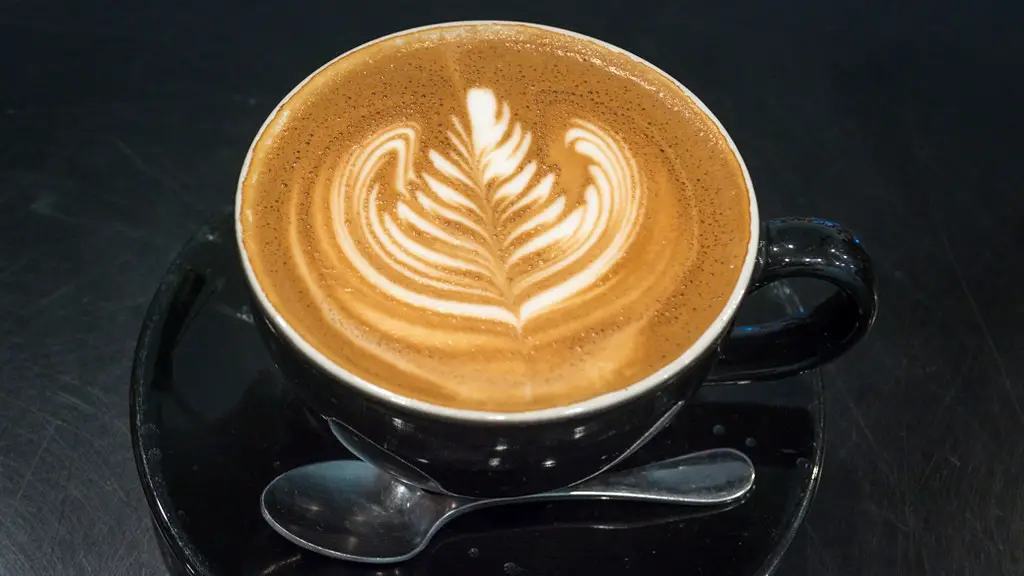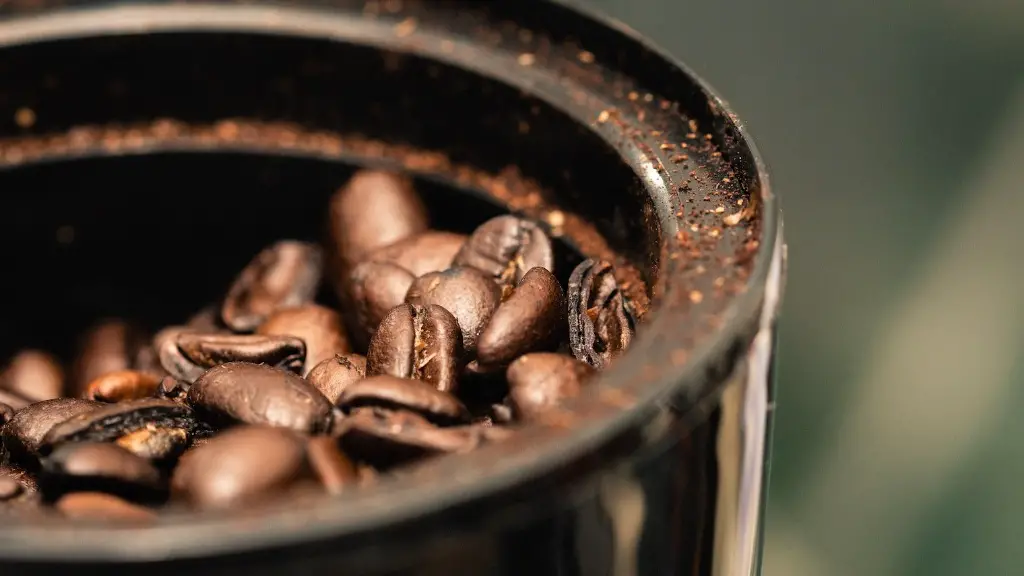Cause of Coffee Burping
Coffee burping is a common phenomenon that occurs when drinking coffee. When burping after drinking coffee, it is natural to ask ourselves why this is happening and what is the cause of it. To answer this, we need to understand why burps occur in the first place and the link between drinking coffee and burping.
Burping, also known as belching, is the release of gas from the stomach through the mouth. In general, belching is caused by build up of air or gases in the stomach, which then escapes when we burp. When drinking coffee, this air enters the digestive system as we swallow, which can often lead to burping. The most common causes of coffee burps include drinking coffee too quickly, eating or drinking too much at once, drinking carbonated beverages and eating greasy foods.
Coffee beans contain compounds called tannins, which can cause digestive discomfort or bloating when consumed in large quantities. Drinking coffee too quickly can also increase the amount of air that enters the stomach, leading to burping. Furthermore, drinking coffee with milk or cream may also cause burping as the proteins in these products are more difficult for the body to break down.
Symptoms of Coffee Burping
The symptoms of coffee burping are usually very mild and include burps with a bitter, sour or acidic taste. Coffee burps may also be accompanied by other digestive symptoms such as bloating or discomfort, nausea or heartburn. If you experience these or other more severe symptoms, such as chest pain, difficulty breathing or persistent burping, it is important to see a doctor.
Preventing Coffee Burping
There are some simple steps you can take to reduce the likelihood of experiencing coffee burping. To start with, try to drink coffee more slowly. Sipping coffee at a gentle pace will help to prevent the build up of unwanted gas in your digestive system. You may also want to consider adding less milk or cream to your coffee as this can also contribute to coffee burping. Additionally, including more fiber-rich foods in your diet may help as fiber helps to slow down the digestion of food and reducing the amount of air swallowed.
Medical Treatments for Coffee Burping
If you experience persistent or severe symptoms from coffee burping, such as chest pain or difficulty breathing, it is important to seek medical advice. In some cases, medical treatments such as antacids or proton pump inhibitors (PPI) may be used to reduce the amount of air in the stomach. Additionally, lifestyle changes such as reducing the amount of caffeine or fizzy drinks consumed can help to reduce the risk of coffee burping.
Coffee Burping and Health Conditions
Some health conditions may make you more prone to experiencing coffee burping. For example, gastrointestinal reflux disease (GERD) is a condition that affects the way the stomach processes food and can lead to acid reflux and burping. Other conditions such as irritable bowel syndrome (IBS) can also make you more likely to experience coffee burping. If you think you may have one of these conditions, it is important to consult a doctor for a diagnosis and to discuss treatment options.
Other Causes of Burping
Although coffee burping is a common phenomenon, it is important to note that there are other causes of burping. Excessive consumption of carbonated beverages, smoking and certain medications can all cause burping. Additionally, certain foods such as onions, garlic and spicy foods can cause burping. To reduce the risk of burping, it is important to eat and drink in moderation and to pay attention to the foods and beverages you consume.
Conclusion
Coffee burping is a common phenomenon caused by the build up of air or gas in the stomach, which is released when we burp. Drinking coffee too quickly, eating or drinking too much at once, drinking carbonated beverages and eating greasy foods can all contribute to coffee burping. If you experience persistent or severe symptoms from coffee burping, it is important to seek medical advice. Additionally, making lifestyle changes such as reducing the amount of caffeine or fizzy drinks consumed can help to reduce the risk of coffee burping.

